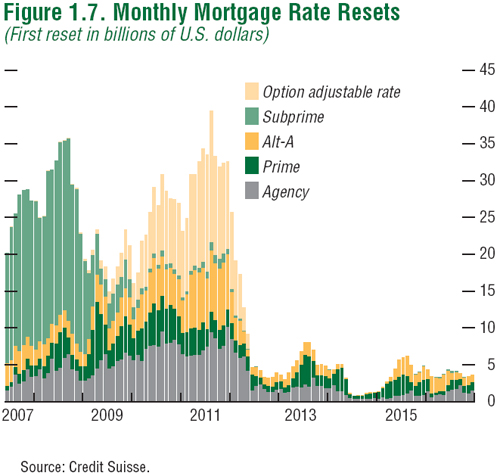Ben Bernanke, the chairman of the Federal Reserve appointed by Bush and now re-nominated by President Obama:
Well, unfortunately again, Bernanke will be back for at least a few more years unless the Senate steps in and shuts down his recent re-nomination. A few Congress-critters have put up a fuss about it, but chances are good that Obama’s nod will be upheld. It turns out that a lot of people give the Federal Reserve credit with “fixing” the financial crisis after the fact – things didn’t turn out to be nearly as bad as they warned us it would be.
Then remember September last year? What a quick turn around, he was suddenly in front of Congress insisting that we open up the floodgates of new cash to the banks, or we’d face an apocalyptic financial nightmare.
What exactly happened to all of that money is still up in the air. You see, the Federal Reserve doesn’t want anyone to audit their monetary policy.
Since monetary policy is the Federal Reserve’s essential function, pretty much any action can be labeled as sensitive and kept secret. Even why they let certain firms and how they’re spending of trillions of dollars:
Do you know who received a cut of the Federal Reserve’s trillion-plus balance sheet transfers? Of course not. No one does – outside of the Fed.
Of course, Bloomberg is trying to find out – and the judge even sided with them in ordering the Federal Reserve to turn over records of exactly who is benefiting from their policies. Anyway, Bernanke and our other “public servants” at the Federal Reserve can’t imagine any scenario so dire as simply fessing up about what they’re doing with their control over our money supply – and they’re trying to fight the federal court order.
So the story isn’t over, and one day we may have control over our own money back from the unaccountable and apparently ineffective Federal Reserve. If they’re supposed to be preventing panics, they’ve done a pretty bad job so far. Real employment continues to decline and housing prices recently posted double-digit year over year losses, despite government subsidies designed to encourage sales.
In November, these subsidies will expire and this effect is likely to compound the seasonal weakness of the winter months. And when Spring 2010 comes, instead of the regular seasonal growth, we’re likely to be swamped by the coming wave of Alt-A mortgage resets:
You say you’ve got good economic news? You see green shoots? I’d love to hear about it, but excuse me if I’m skeptical…

